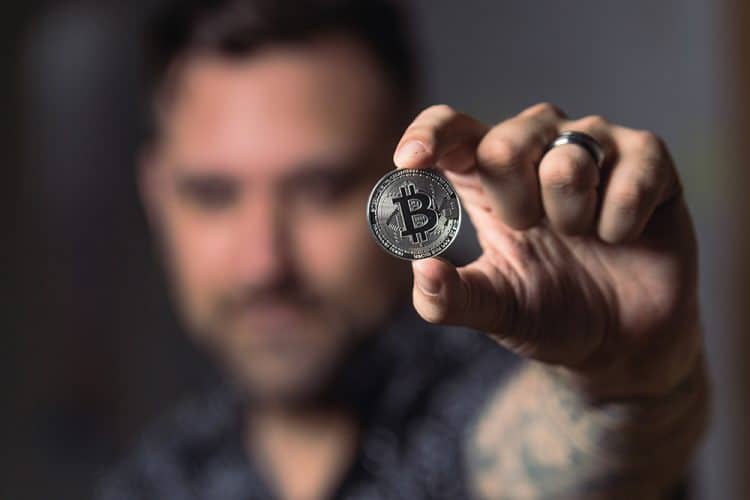Despite the regulatory backlash against cryptocurrencies after Facebook’s announcement of Libra, there’s one reason to remain hopeful about crypto.
The G7 finance minsters did warn of the risk of cryptocurrencies destabilising the global economy and undermining fiat currencies, but at the same time Japan has reportedly planned for a global payment networks for crypto currencies, according to a recent Reuters report.
The report, citing an anonymous source, says that the Japanese network is driven by the need to combat money laundering more effectively.
The country aims to have the network established within the next few years, the report says.
A team related to the inter-governmental Financial Action Task Force (FATF)—which has already approved the plan to set up the network—will monitor the network’s development and Japan will work with other countries, the report adds.
It remains unclear how the network would work. However, if it proves to be viable when it comes to payments and fighting money laundering, there might be less resistance against cryptocurrencies from regulators and enterprises.
Japan has recognized Bitcoin officially as payment methods and assets since April 2018 and became the first country in the world to regulate cryptocurrency exchanges at a national level in 2017.
The country has also set up a working group to look at Facebook Libra's possible impact on monetary policy and financial regulation.
Facebook aims to launch Libra in 2020, targeting its 2.2 billion users of Facebook, Messenger, WhatsApp, and Instagram.
The digital currency will be pegged to a multiple low-volatility assets such as bank deposits and government securities in multiple currencies, according to Facebook.
In the company’s plan, anyone with a smartphone will be able to send and receive Libra.
While regulators around the world are worried about crytocurrencies’ unregulated nature, current users of these unregulated currencies might resist networks like the one that Japan is reportedly developing because that means such currencies will become formally regulated.




